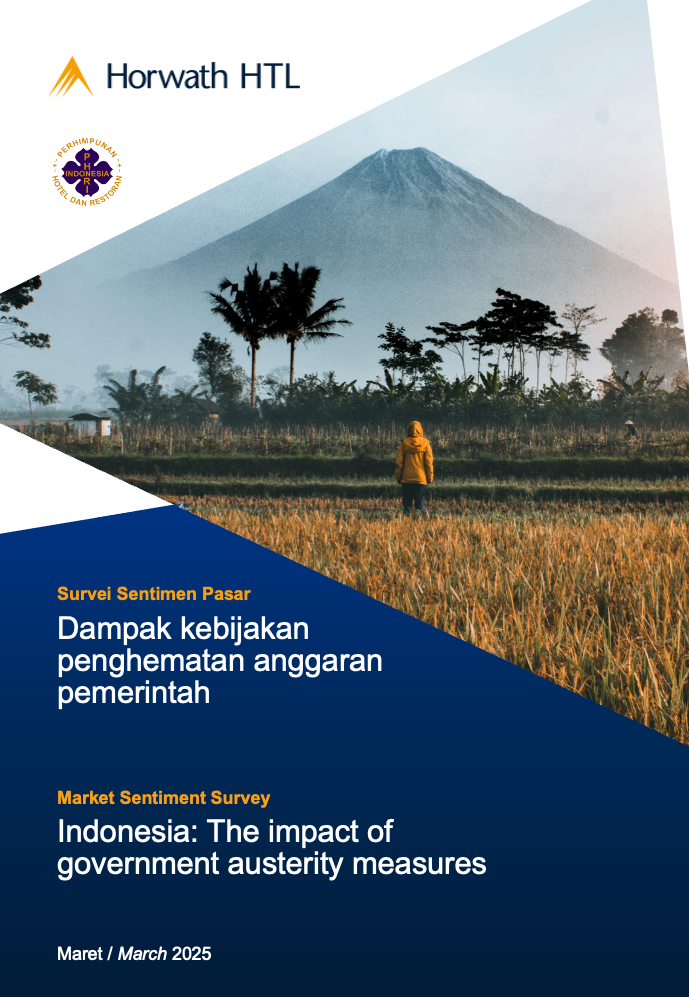
Hospitality Insights
Indonesia's hospitality sector faces challenges amid government austerity measures
The Indonesian hospitality industry is grappling with the effects of the government's budget austerity policy, introduced in November 2024, according to a recent survey conducted by the Indonesian Hotel and Restaurant Association (PHRI) and Horwath HTL.
The survey, which gathered responses from 726 hoteliers across 30 provinces, highlights significant concerns regarding declining market performance, with 83% of respondents indicating an unfavourable start to 2025. Government-related demand, historically comprising 5-7% of hotel business, and MICE-related demand, making up 6-21%, have been drastically affected.
“Our findings suggest that reduced government travel budgets and lower MICE activity are disrupting overall market dynamics,” said Matt Gebbie, Director at Horwath HTL. “This is particularly impacting mid-to-upper-tier hotels and regions reliant on government-driven demand.”
Market Outlook: Deteriorating Sentiment and Revenue Losses
Initially, market sentiment remained positive in late 2024, with over 50% of respondents expecting better performance than in 2023. However, by January 2025, pessimism had taken hold, with more than 30% of respondents reporting revenue declines exceeding 40% year-on-year.
Respondents identify reduced MICE bookings as the most significant challenge, with additional repercussions including lower room rates and intensifying price competition. “Once hotels begin slashing rates, it creates long-term market instability,” said a survey participant. “We’re seeing a ‘red ocean’ pricing strategy that could harm destination growth.”
Urgent Calls for Government Intervention
The survey highlights increasing concerns about the long term health of the industry. More than 50% of respondents believe the negative impact of austerity measures will last at least six months, if not longer. If no policy adjustments are made, the industry foresees widespread redundancies, hotel closures, and supply chain disruptions.
To mitigate these effects, hoteliers are urging the government to implement tax relief, provide financial aid, and boost tourism marketing efforts. “Government intervention is critical to stabilising the sector and sustaining Indonesia’s long-term tourism prospects,” PHRI stated.
Conclusion
The Indonesian hospitality sector is at a crossroads. While historically resilient, the current downturn necessitates urgent policy support. As 2025 unfolds, industry players remain hopeful for swift governmental action to prevent further economic fallout.




